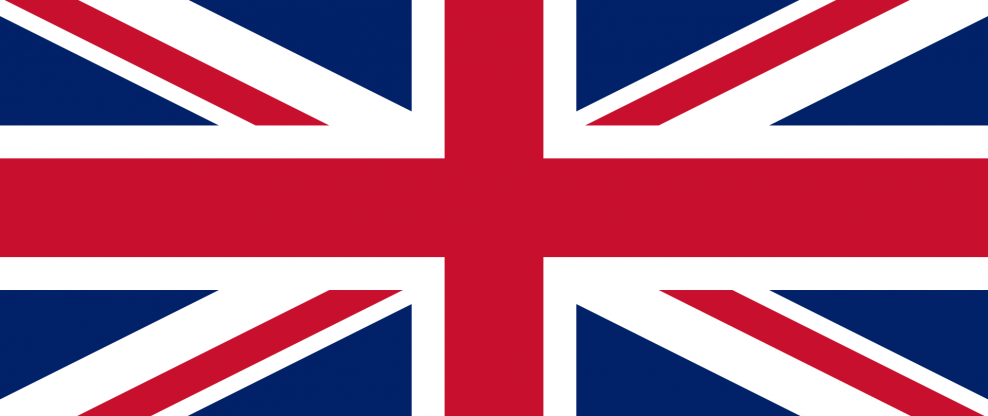(Hypebot) — Backed by the UK government, British creative industries, along with several major social media services like Facebook and YouTube, have settled on a set of new anti-piracy measures.
Guest post by Emmanuel Legrand of the Legrand Network
British creative Industries and some social media services have voluntarily agreed to a series of new anti-piracy measures, under the aegis of the UK government.
The process, which was started in 2018 with a roundtable regrouping stakeholders has led to in-depth discussions, facilitated by the UK’s IP Office, about the ways to tackle copyright infringement.
In a statement, the organizations that took part in the discussions said they “have achieved progress in a number of areas, building on enforcement measures already in place.”
Safeguarding British content
“Piracy is a global problem and can only be addressed when multinational corporations are willing to put their weight behind efforts to combat it,” said Amanda Solloway, Minister for Intellectual Property. “I’m pleased that Facebook and YouTube, with the support of the IPO, have been able to agree new voluntary measures that will see more of our great British content safeguarded.”
Measures agreed by stakeholders include:
> Facebook and YouTube have introduced “new policies designed to help prevent users from abusing their platforms by instructing others how to commit IP infringements” (‘Piracy Tutorial videos’).
> Facebook has introduced “proactive new policies and procedures to prevent links to ‘rogue piracy sites’ appearing on the platform.”
> YouTube has agreed to “a significant increase in API allowances” to enable rights holders to scale their IP enforcement activities and “more quickly remove infringing links at scale, based on proof of need.” Facebook is in the process of beta-testing a similar API.
Limit the distribution of infringing works
> Creative rights owners have “shared with Facebook and YouTube areas where their content recognition systems (respectively, ‘Rights Manager’ and ‘Content ID’), could be further improved” so as to prevent circumventions. The platforms have also committed to an ongoing process to “maximize” the effectiveness of these tools.
> The platforms shared information about their policies to identify and combat Repeat Infringement, and to help to prevent repeat infringers continuing to abuse their services. Facebook also implemented additional improvements to these processes requested by creative rights owners.
> To limit the distribution of infringing content, Facebook “prevented additional auto-completed searches that include key terms often associated with piracy,” based on input from creative rights holders.
Developing new policies
The stakeholders acknowledged that these improvements “are part of a voluntary process, founded on cooperation and a shared purpose of reducing IP infringement online.” They have also agreed that these roundtables and bilateral meetings should continue on a regular, bi-lateral basis, and they are also considering broadening the roundtables to include other social media networks.
The stakeholders participating in this roundtable included the Publishers Association, English Premier League, UK record labels association the BPI and its international counterpart IFPI, the Motion Picture Association (MPA), Sky, Professional Publishers Association (PPA), interactive entertainment trade body trade UKIE, ACID representing lone and SME designers (collectively, “creative rights owners”), and social media platforms Facebook, Twitter and YouTube.
Nicola Mendelsohn, VP EMEA at Facebook praised “the earnest and solution-oriented manner in which the creative rights holders approached the roundtable discussions” and said the process helped “educating stakeholders on Facebook’s systems to address piracy and for developing new policies that meet all stakeholders’ needs.”
A staging post
Dan Chalmers, Director of YouTube Music for EMEA, said the discussions were aligned with YouTube’s strategy to develop programmes, policies and technology to fight online piracy. He added, “It is important that we collaborate closely with rights holders and experts like the IPO to ensure that our approach and investment are as effective as possible.”
For Geoff Taylor, Chief Executive of record labels’ trade body the BPI & BRIT Awards, who leads the IP group of the Creative Industries Council and chaired the roundtable discussions, there remains “much work to do to reduce online infringement, which continues to hinder the growth of the UK’s world-beating creative industries.”
He thanked Facebook and YouTube “for their positive engagement and their efforts” to address many of the issues brought forward in the Roundtable. “Today’s announcement represents a staging post, rather than the conclusion of that process,” he said.
Taylor however lamented that “no significant progress has been made with Twitter,” which according to him “underlines the urgent need for the Government to ensure that all online platforms take a responsible approach to dealing with content.”





























